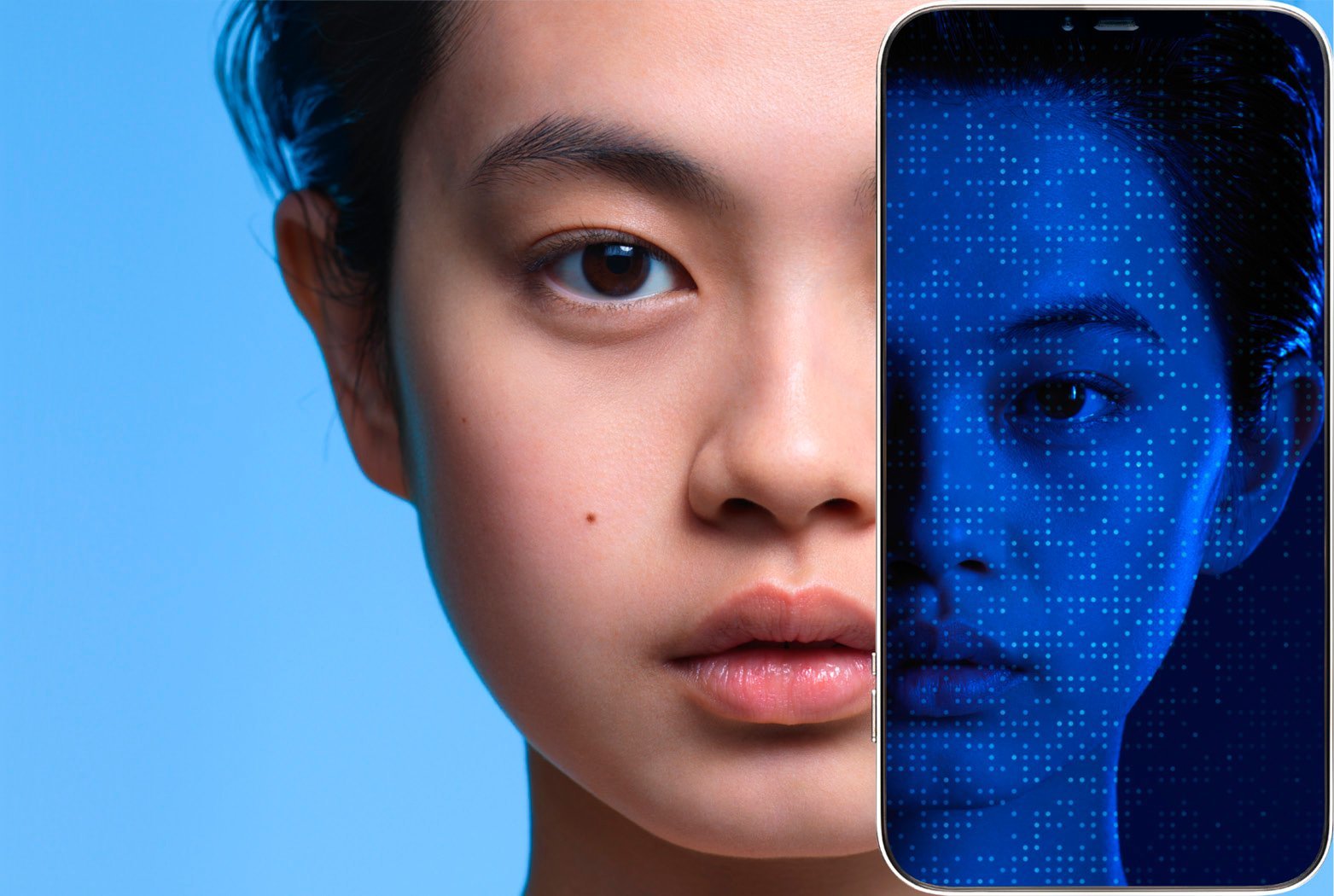What causes eczema in babies?
Eczema is a hereditary condition that runs in families. The skin does not produce enough oily substances to protect itself, leaving it vulnerable and open to attack from allergens and irritants. This causes the skin to lose water, becoming dry and itchy, often on the cheeks, chin and joints. Most children outgrow eczema by school age, but it can persist into adulthood in some cases.
Learn more






